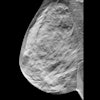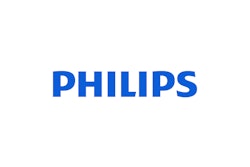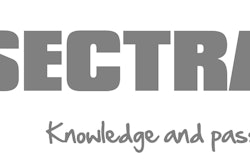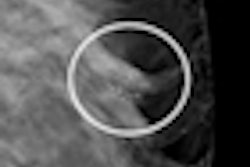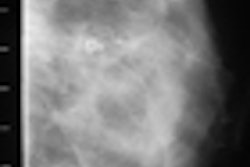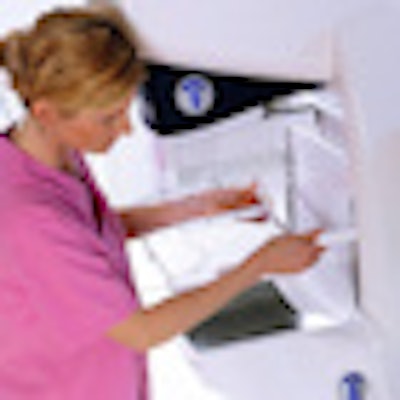
Sectra is selling the vast majority of its mammography division to Philips Healthcare for 57.5 million euros ($82 million U.S.) to focus on developing its medical imaging IT business, as well as its orthopedics, osteoporosis assessment, and rheumatology portfolios.
The sale, which is due for completion in the third quarter of 2011, includes Sectra's mammography operations worldwide, except for Australia and New Zealand, where the Swedish-based vendor will continue to sell and service MicroDose equipment under a separate distribution agreement with Philips. Sectra will continue to be involved in mammography PACS and RIS.
 MicroDose equipment will become a Philips brand by the third quarter of this year, assuming the sale of Sectra's mammography division is completed.
MicroDose equipment will become a Philips brand by the third quarter of this year, assuming the sale of Sectra's mammography division is completed.
"We are moving away from being a modality business," Torbjörn Kronander, PhD, president of Sectra's medical systems business area, said in a press conference in Stockholm on Monday morning. "From now on, we will deliver more or less everything from one office in each country rather than by a service engineer in every town, which makes a lot of sense."
Sectra's MicroDose full-field digital mammography systems are based on photon-counting technology that the company claims delivers half the radiation dose than competing systems. The system has been on the European market for several years, and the company announced in May that it had received U.S. Food and Drug Administration approval to sell the system in the U.S.
Sectra will concentrate most of its future efforts on radiology IT. In Northern Europe, the company already controls between 70% and 80% of the market, and is looking to increase its share, he said. Digitizing global pathology services is seen as a particularly high priority.
"The problem of pathology is about 10 times larger than radiology in terms of number of images," Kronander said. "There is a huge opportunity there in the future. Everyone knows pathology needs to be digitized, but nobody has done it yet."
More online deliveries of PACS to smaller hospitals and clinics will be essential to ensure future growth. Partnership sales will increase in medical IT, as has happened in the enterprise resource planning sector, he said. Finding the right partners will be crucial, as will delivering everything "from the cloud" (i.e., over the Internet) rather than physically deploying and installing services.
"Imaging is the major diagnostic tool of the future, and we will be there doing the IT part of that business, both from the cloud and also with direct system deliveries, as we already do today," he noted.
The mammography modality operations include Sectra Mamea and the company's sales and service organizations. Approximately 110 employees are expected to transfer with the business. Sectra Mamea currently has annual sales of around 13.8 million euros ($19.7 million). The deal will include sales and service staff in Benelux, Germany, Norway, Spain, Sweden, the U.K., and the U.S., and is likely to generate a profit for Sectra of about 32.6 million euros ($46.5 million) after tax. The agreement includes an additional potential earn-out of up to 12.5 million euros ($17.8 million) in accordance with agreed terms and conditions. The earn-out can become relevant up to five years from the first calendar quarter after the closing day, but no further details were released.
Sectra's medical systems unit has about 530 staff and reported sales of 90.3 million euros ($128.9 million) for the 2010/2011 financial year. Radiology IT represents about 85% of sales. Excluding the MicroDose side of the business, Sectra's medical systems division enjoyed a profit margin of 10% during the last fiscal year. The MicroDose side of the business was not yet profitable, and Sectra Mamea recorded an operating loss of 6.95 million euros ($9.9 million).
"We have always had close cooperation with customers and researchers, which has provided us with extensive experience in the commercial development of new technology. Our future business opportunities include development and commercialization of new innovations that will benefit customer productivity and quality of patient care," Kronander said.

